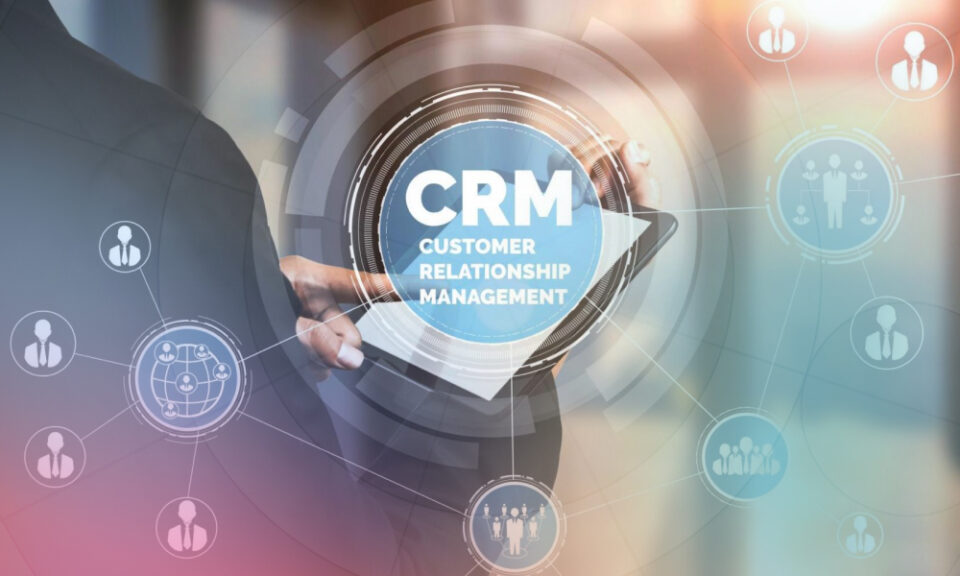Customer Relationship Management (CRM) is a business strategy that focuses on building and maintaining strong relationships with customers. By leveraging technology, companies can enhance customer engagement and create personalized experiences that drive customer loyalty and satisfaction.
The Importance of Customer Engagement
Customer engagement refers to the level of interaction and connection between a customer and a brand. It plays a crucial role in the success of a business as engaged customers are more likely to make repeat purchases, refer their friends and family, and provide valuable feedback.
Traditionally, companies used manual methods to manage customer relationships, such as spreadsheets and physical files. However, with the advent of technology, businesses now have access to powerful CRM systems that streamline and automate various aspects of customer management.
Leveraging Technology for CRM

CRM technology helps businesses gather, store, and analyze customer data in a centralized database. This data includes customer contact information, purchase history, preferences, and feedback. By organizing this information, companies can gain valuable insights into their customers’ needs and preferences, enabling them to tailor their marketing efforts and customer interactions.
One of the key benefits of CRM technology is its ability to automate routine tasks, such as sending personalized emails, scheduling follow-ups, and tracking customer interactions. This frees up time for sales and customer service teams to focus on building relationships and providing exceptional customer experiences.
Enhancing Customer Engagement with CRM
CRM systems offer various features and tools that can help businesses enhance customer engagement:
- 360-Degree Customer View: CRM systems provide a comprehensive view of each customer, including their purchase history, preferences, and communication history. This information allows businesses to personalize their interactions and provide relevant recommendations and offers.
- Marketing Automation: CRM systems can automate marketing campaigns, such as email marketing, social media advertising, and targeted promotions. By delivering personalized messages and offers to customers at the right time, businesses can increase engagement and conversions.
- Customer Service Management: CRM systems streamline customer service processes by providing a centralized platform to track and resolve customer issues. This ensures that customer inquiries are handled promptly and efficiently, leading to higher satisfaction and loyalty.
- Analytics and Reporting: CRM systems offer robust analytics and reporting capabilities, allowing businesses to measure the effectiveness of their customer engagement strategies. By analyzing data on customer interactions, businesses can identify areas for improvement and make data-driven decisions.
Customer Relationship Management (CRM) technology is a powerful tool that businesses can utilize to enhance customer engagement. By leveraging CRM systems, companies can gather and analyze customer data, automate routine tasks, and provide personalized experiences. This ultimately leads to increased customer satisfaction, loyalty, and business success.

